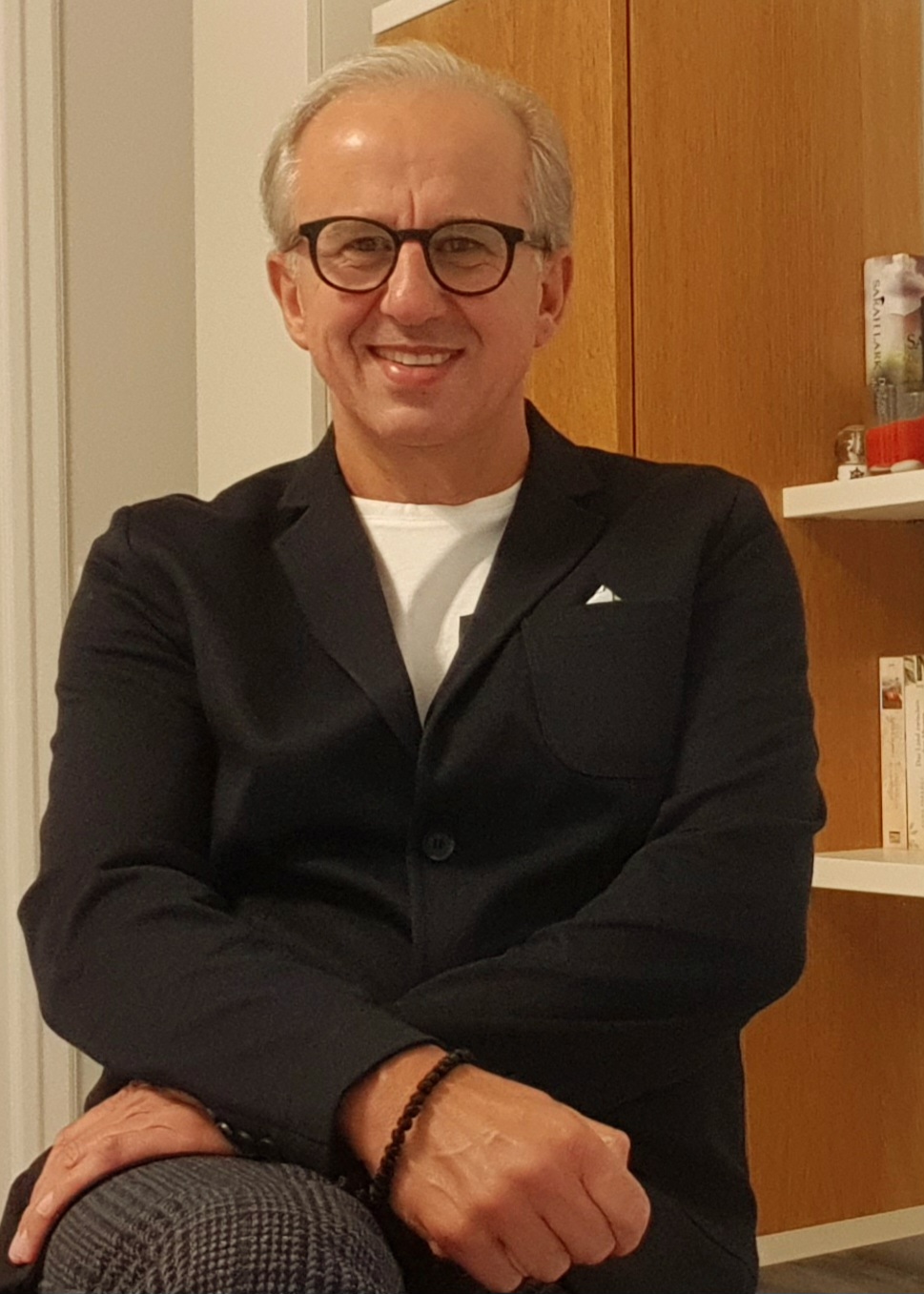What led to your decision to write down the story of your grandfather?
The Orthodox of Antioch not only lived through the terrible period from 1910 to 1920 but were also personally affected by the massacre of the Armenians in the Antioch region. Some of us were deported. Many people do not know or have never been informed about the experiences of the Antiochian Orthodox in 1915. Most of our people either emigrated from Antioch or many of them died as a result of the deportation. A large number immigrated to North or South America. A few immigrated to Lebanon, Syria or Egypt. A relative from Brazil contacted me just this week, who had found me through the DNA analysis of the MyHeritage website. When he wrote me, he only knew for sure that his great-grandfather came from Lebanon, Syria or the Antioch region. However, he is not sure of his great-grandfather's real last name and kindly asked me to share whatever I know with him. After the Republic of Turkey was founded, many people were forced to change their old surnames and adopt the Turkish surname. So our last name, Tarik El Dunya, was changed to Tekbas.
I wanted to share my grandmother's stories about the deportation of Orthodox Christians from Antioch, to those people who believe that Orthodox Christians from Antioch suffered no massacre in 1915 and that only Armenians died. There are even Orthodox Christians from Antioch who state the same. I was also trying to perpetuate my knowledge in writing, in hopes that future generations of Antiochian Orthodox in Germany will read it. The idea that my grandchildren and even great-grandchildren will find and read my writings on an Internet archive, that is a huge deal for me.
Why do you wish to publish the story now?
I had long intended to write down my grandfather's story, but unfortunately, I was missing some information. After speaking to my uncle about it, my grandfather's story seemed ready to be written. I have been on the ZOCD board for many years, and this appears to be my last year. Therefore, I wanted to share what we have experienced along with the Christians from the Orient and all other people and religious groups in the hope that no one will ever have to go through something like this again. The idea that just a few years ago, genocide was committed in Iraq and Syria in front of the world's eyes against many minorities such as Christians and Yezidis is horrific and unbelievable.
In your testimonial, you describe how your grandmother, Melek, raised your brother and you. What influences have your grandparents' experiences had on you in your childhood?
People perceive many things differently when they are young children. You consider it as a narrative or a fairy tale. Not until later, when I was a teenager or older, did I realize the significance and value that these stories carry. In fact, to be precise, I didn't perceive this tragic family story until much later.
You were born in Turkey and spent part of your life in the country. What experiences did you encounter as a Christian in your former homeland?
I spent my childhood with my grandmother in Samandag until I was 14 years old. Being a Christian in Hatay, I had no difficulties. People in Hatay are known to be very tolerant. Sunnis, Arab Alevis, Jews and Christians coexist and share a wonderful culture. Nevertheless, when I arrived in Germany in 1980, the difficulties started in my Turkish class. It was at that point that I felt different compared to others because some Turkish students were threatening me with a knife because I didn't want to take part in Islamic classes. In Samandag, all of this was no problem. I then realized that the people in Hatay are nothing like the rest of Turkey. I have to admit, though, that my best friends are now Muslims or Alevis. Over the years I also learned that in a good friendship or love, no matter in what form, origin and religion should not matter, the main issue should be "good people" and nothing else.


 Donation
Donation



